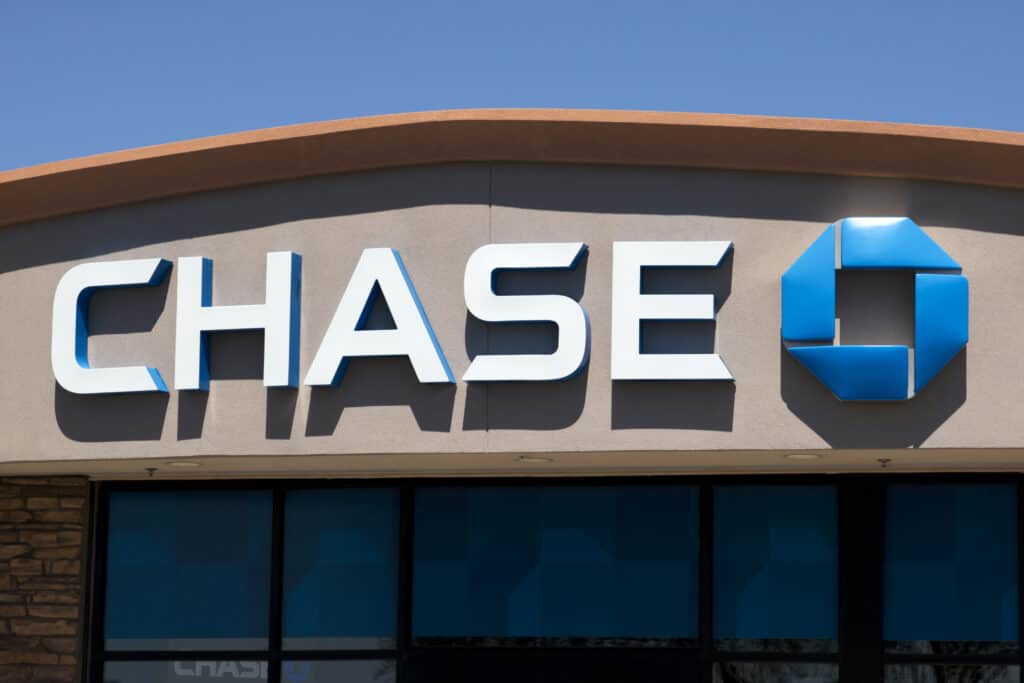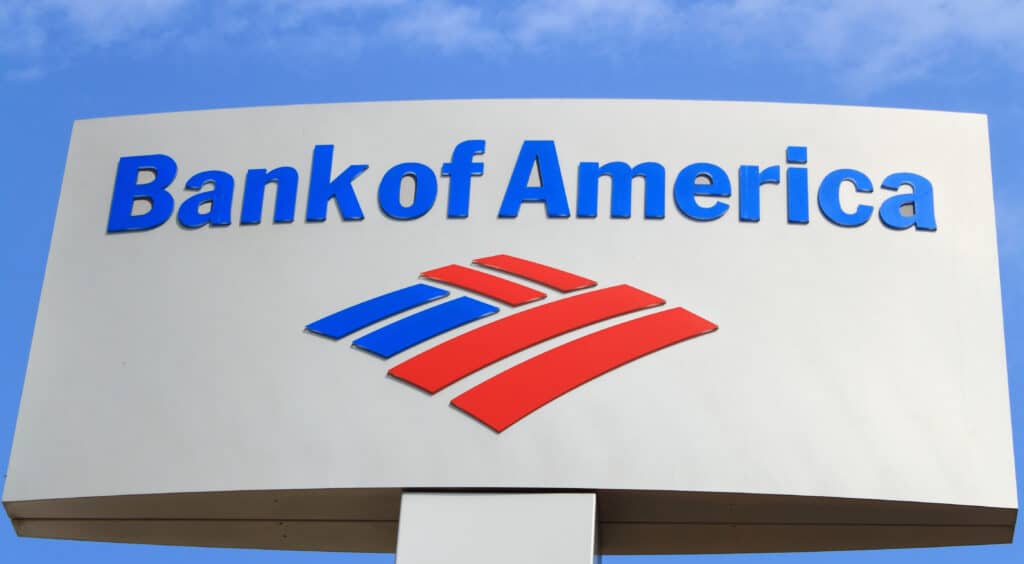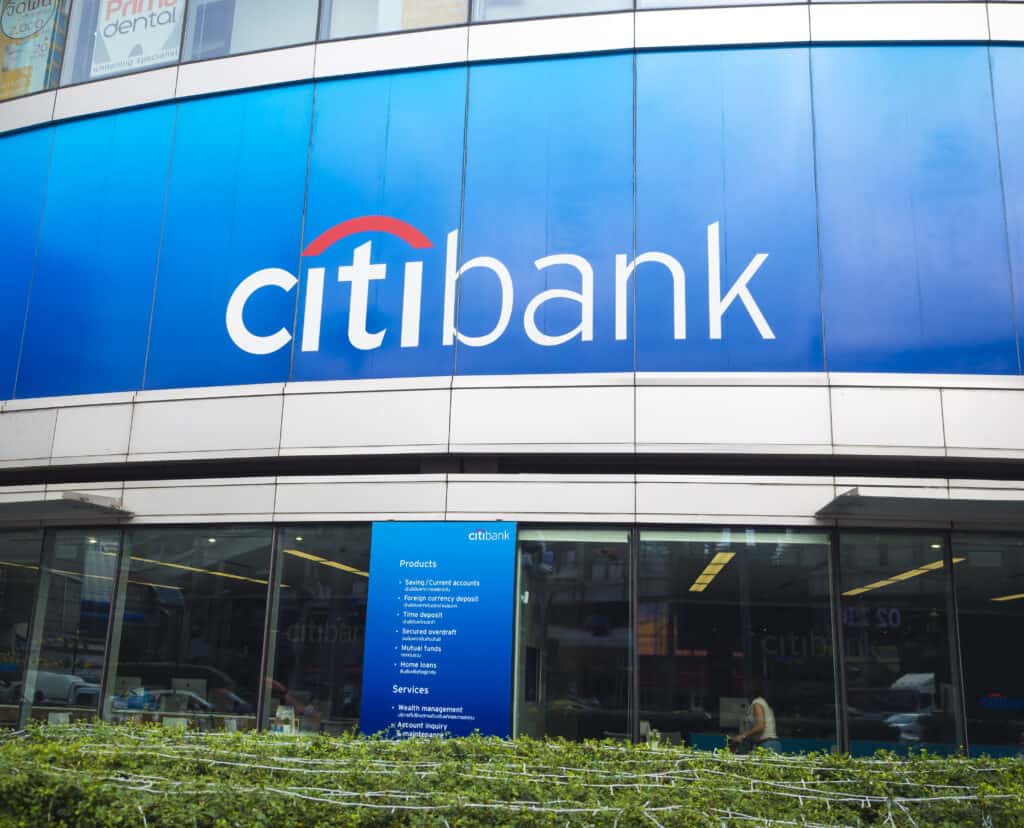Banking is an essential service that we all rely on to manage our finances. With the advancement of technology, traditional banking has evolved into digital banking. One such evolution is the emergence of Persons Banking. Persons banking is a new concept that has become popular with individuals looking for convenience and flexibility in their banking. In this blog post, we will discuss the benefits of Persons Banking and why it’s a great option for you.
Pro-tip: Want to see your credit score for free and be able to use many financial tools right now? Just click here!

1. What is Person Banking and How Does it Benefit You
Managing your finances can be challenging, especially if you have multiple accounts and investments. However, with the advancement of technology, personal banking can now make your money management easier and more efficient.
What is Personal Banking?
Personal banking is a suite of digital banking services offered by banks and other financial institutions. It allows customers to seamlessly manage their accounts, cards, investments and other monetary transactions using a computer, tablet or phone. Personal banking provides a secure platform for customers to monitor their accounts, track transactions, pay bills, transfer funds, apply for loans or credit lines, and access financial advice and resources.
Benefits of Personal Banking
Personal banking has numerous advantages beyond allowing easy access to your account. Some of the benefits include:
– Convenience: Personal banking allows you to manage your finances without going to your banking institution. You can pay bills, transfer funds, and view your account balances from the comfort of your home.
– Security: Personal banking sites use multilayer security systems to ensure that your account and transaction data is secure. You can rest assured that your private information is well-protected.
– Cost-saving: Utilizing personal banking services saves customers from paying account maintenance and transaction fees. Financial institutions also offer online-only banking services that have low or no annual fees as well as reduced transaction fees.
– Feedback and resources: Most personal banking sites offer customers access to resources such as financial advice, personal finance management tools, and other resources that can aid them in making informed decisions.
Click Here to Check Your Credit Score for Free!
What are the features of personal banking?
Personal banking features differ from bank to bank; however, their primary aim is similar- to offer the customer the convenience of managing their finances online. Below are some of the common features of personal banking:
– Account management: It allows account holders to check account balances, view recent transactions, and download statements.
– Mobile banking: Allows users to manage their accounts using their mobile devices like tablets or smartphones.
– Online banking: Internet-based banking that allows customers to do banking online.
– Bill payment: This feature allows customers to pay bills through their banking website.
– Sending and receiving funds: Customers can transfer funds online from one of their accounts to another bank account, domestically or internationally.
– Investment management: Personal Banking allows account holders to handle their investments online.
Things to consider when choosing a personal banking institution
When choosing a personal banking institution, there are several factors to consider. The ideal personal banking institution should offer secure transactions, high-quality customer service, and budget-friendly solutions. Among the factors to consider are:
– Online banking features offered
– Security measures provided for account protection.
– Transaction fees and account maintenance costs
– Customer support options
2. Learn About the Benefits of Person Banking
Personal banking can be defined as a service offered by banks that provide financial services to individuals to manage their finances. The world is changing and banking is becoming personal, from online banking to personalized financial advice. Personal banking is an important tool for people who want to stay on top of their finances.
Access to Modern Technology: Personal banking gives the customers the opportunity to access modern technology to manage their finances. With the help of online banking, mobile apps, and digital services, customers can easily access their accounts and make transactions. Online banking offers many features like checking accounts and money transfers, which saves time and offers convenience, especially for people who have hectic schedules.
Customized Financial Advice: Personal bankers offer customized financial advice to their customers, who speak with professionals who can help them make sound decisions. Whether it’s retirement planning, managing debt, or making a big purchase, personal bankers can offer tailored financial advice to fit individual needs. When it comes to big decisions, it always helps to consult a professional before making a commitment.
Personalized Services: The best part of personal banking is the personalized services offered to the customers. Personal bankers work with their customers to help them reach their financial goals, taking into account their unique circumstances and needs. They can help structure loans to make the loans more affordable, provide access to investment products or even help with insurance needs.
Financial Security: Personal banking ensures financial security of the customers by offering solutions like overdraft protection, fraud prevention schemes and the latest technology like asset tracking. Overdraft protection prevents you from falling into debt when you make a mistake, while fraud prevention schemes keep you safe if someone tries to steal your money or identity.
Time-Saving: Personal banking can save you time when it comes to managing your finances. By automating your finances, scheduling payments, and setting up alerts, you can stay on top of your finances without spending hours working at it. You can set up automatic payments to make sure bills are paid on time, or notify you when your account balance is low.
3. Explore Different Banks and their Offerings
When it comes to managing our finances, banks play a crucial role. They offer us a wide range of financial services such as savings and checking accounts, credit cards, loans, and investment options. However, with so many banks and financial institutions out there, it can be overwhelming to make the right choice.
First things first, you need to determine what you need from a bank. Are you looking for a simple savings account, a credit card with good rewards, or a loan for a new car? If you know what you need, you can easily find a bank that offers the services and features that meet your requirements.
Let’s now take a look at some of the leading banks in the industry and what they offer:
1. Chase Bank: Known for its excellent mobile banking app, Chase offers versatile options for checking and savings accounts. They have some of the best rates for savings accounts and a wide range of credit card options.

2. Bank of America: If you’re someone who loves to invest, Bank of America is a great choice. They offer plenty of investment and brokerage services alongside their checking and savings accounts.

3. Citibank: Offering a wide range of flexible credit card options, Citibank is another bank that you can consider. They also have a variety of products such as checking and savings accounts, loans, or even mortgage offers.

4. Wells Fargo: Known for its easy-to-use online banking platform, Wells Fargo is a popular choice among many customers. They offer different checking and savings account options, credit cards, and loans.

Aside from features and services, you may want to consider other factors such as interest rates, fees, customer service, and accessibility. It’s crucial to read through the terms and conditions of each bank carefully and understand their fees and policies.
4. Understand the Advantages and Disadvantages of Person Banking
Personal banking has become an essential aspect of modern living. With the rise of technology, traditional banking processes have also evolved into more convenient and accessible methods that prioritize the customer’s comfort. However, like any other service or product, there are advantages and disadvantages to personal banking that customers should understand before committing to it.
Advantages of Personal Banking:
Convenience
Personal banking enables you to access banking services from anywhere at any time, using your smartphones or computers. Most banks have mobile apps that allow customers to conduct transactions such as balance inquiries, fund transfers, bill payments, and statement retrievals, among others.
Personalized Services
Personal banking provides a more personalized and intimate banking experience for its customers. By having a personal relationship with your banker, it’s easier to obtain customized financial advice and other benefits unique to your financial situation.
Higher Interest Rates
Most personal banking accounts have higher interest rates than regular savings accounts. Due to the personal service aspect of personal banking, customers receive an extra layer of security, which can make a significant difference in the interest rate.
Disadvantages of Personal Banking:
Higher Fees
Due to the additional features that personal banking offers, it might come with higher fees compared to traditional banking. However, some banks may waive certain fees for their customers, depending on their account status.
Technology Risks
The use of digital devices such as mobile phones and computers can pose security threats to customers. Personal banking requires customers to provide personal and financial information over online channels, and these details could get compromised by hackers or viruses.
Limited Accessibility
Unlike traditional banking, personal banking does not have as many branches that customers can visit. This could be an inconvenience for customers who prefer face-to-face banking transactions.
Minimum Balances
Most personal banking accounts require minimum balances to be maintained to avoid monthly service charges. This could be a challenge to some customers who may not have consistent income streams.
5. Select the Best Bank for Your Needs
Choosing a bank is an important decision that can have a significant impact on your financial life. With so many banks available in the market, it can be overwhelming to choose the right one for your needs. The good news is that there are many factors you can consider to make an informed decision.
Understand Your Financial Goals
The first step in selecting a bank is to identify your financial goals. Are you looking for a bank that can provide high interest rates on savings accounts? Or are you in need of a bank that can offer financial services like loans, mortgage, and credit cards? Once you have a clear understanding of your needs, you can begin to search for a bank that can fulfill those needs.
Click Here to Buy Stocks and Crypto on eToro!
Research Banks That Align with Your Goals
Once you have identified your financial goals, research the banks that align with those goals. This research can include reading online reviews, talking to friends and family, and comparing bank services and fees. You should also carefully look at the interest rates, minimum account balances, and transaction fees of each bank. This will help you compare and evaluate the benefits and drawbacks of each bank.
Evaluate Customer Service
Another important factor to consider when selecting a bank is customer service. You want a bank that is responsive and helpful when you need it. Evaluate the bank’s customer service by checking their hours of operation, the availability of online and mobile support, and the quality of their phone support. A bank that offers a responsive and helpful customer service is more likely to be the right fit for your needs.
Consider the Bank’s Location
The location of the bank can also be an important factor to consider. If you prefer to bank in person, a local bank may be better for you. On the other hand, if you enjoy the convenience of online banking, a national bank with a strong online presence may be a better choice. Consider the proximity of the bank to your home or work, as well as the availability of ATMs and branches.
Look for Special Offers
Finally, look for any special offers that banks may have. Some banks offer sign-up bonuses, cashback rewards, or other incentives. These offers can provide added value and may be the deciding factor in selecting a bank.
6. Get Started on Person Banking Today!
In today’s digital age, traditional banking methods are quickly becoming outdated. People are now turning to online banking solutions, which offer a more convenient and seamless experience. Personal banking, in particular, has gained popularity in recent years. Personal banking allows you to manage your finances from anywhere, at any time, and it’s incredibly easy to get started.
Understand What Personal Banking Is
Personal banking is a modern banking solution that allows you to manage your finances online. This means you can access your account from your computer, phone or tablet, and perform all sorts of banking transactions without visiting a physical bank branch. Personal banking is ideal for people who have a busy lifestyle, as it allows you to bank anytime, anywhere. Understanding what personal banking is and how it works is the first step in getting started.
Choose a Personal Banking Platform
Once you understand what personal banking is, the next step is to choose a platform to work with. There are many different banks offering personal banking services, so it’s important to find one that suits your needs. Look for a platform that offers a user-friendly interface, has a mobile app, allows seamless integration with other financial applications, and provides excellent customer support. Take your time to compare different platforms before settling for one.
Open an Account
Once you’ve chosen a personal banking platform that you like, the next step is to sign up for an account. Most personal banking platforms have an online account opening process that should take you less than 10 minutes. You’ll be required to provide some personal information such as your name, phone number, email address, date of birth, and national identification number. You may also be asked to upload a scan or photo of your identification documents.
Start Using Your Account
After setting up your personal banking account, it’s time to start using it. The first thing you’ll need to do is fund your account. Depending on the platform you choose, you may be able to fund your account via bank transfer, credit or debit card, or cash deposit. Once your account is funded, you can start using it to make payments, transfer money, check your balance, and perform other banking transactions. Personal banking platforms offer a wide range of features that make managing your finances easy, so take the time to explore your platform and learn everything it can do.
Secure Your Account
Security is a top concern when it comes to personal banking, as it involves sensitive financial information. That’s why it’s important to take steps to secure your account. Choose a strong and unique password that you don’t use for other services. Enable two-factor authentication, which involves using a code sent via SMS or email to verify your login. Use a VPN when accessing your account in public places, and never share your login details with anyone. By taking these steps, you can enjoy the benefits of personal banking while keeping your account secure.
Conclusion:
Banking has come a long way, and Persons banking is one of the best innovations in the industry. It is convenient, easy to use, and affordable. By switching to Persons banking, you’ll be able to save money, earn more interest on your savings, and manage your finances from anywhere. If you haven’t tried Persons banking yet, it’s time to take a closer look at what it offers.
